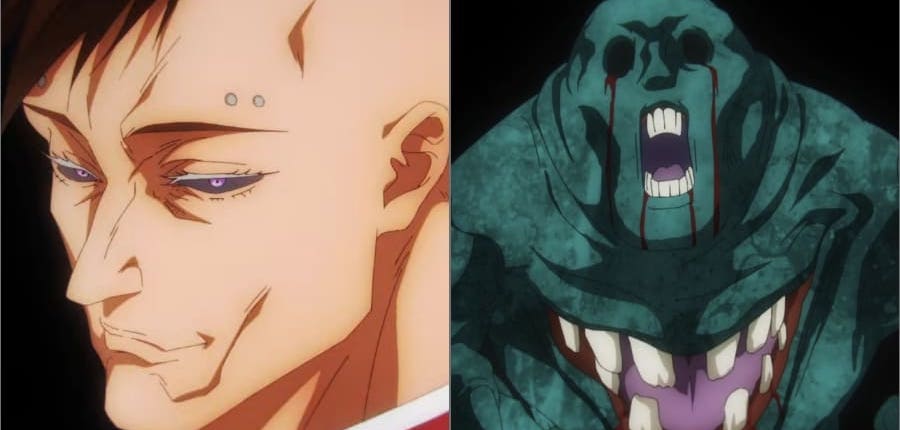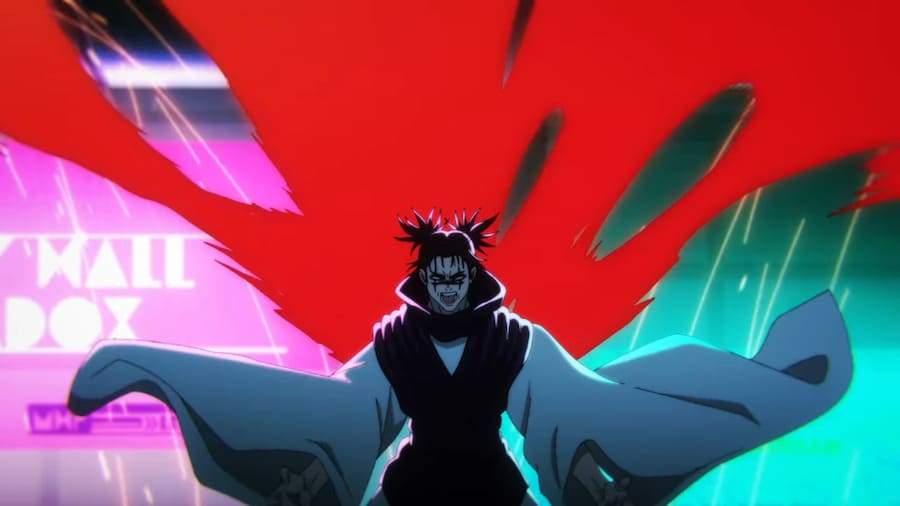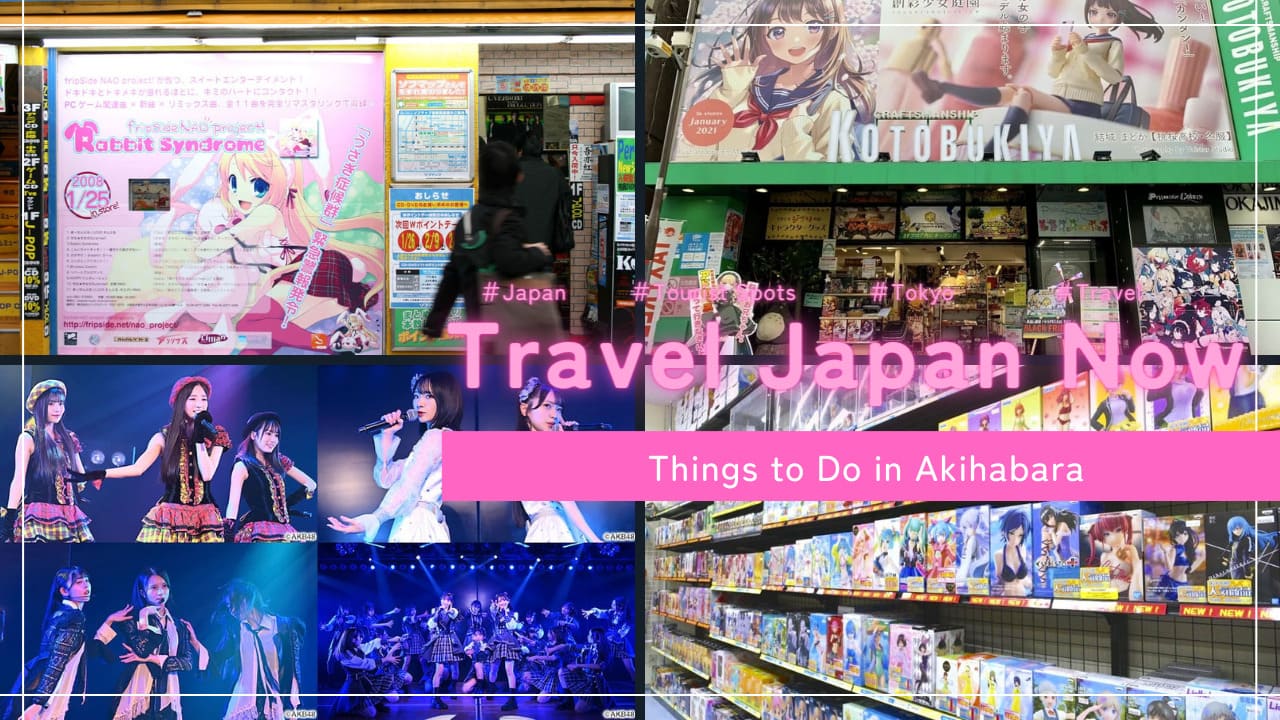In this article, I will explain Japanese grammar and vocabulary based on Choso’s line “これがお前たちのお兄ちゃんだ”. Let’s have fun learning Japanese through Jujutsu Kaisen!
The Basic Information of The Line
The basic meaning
in Japanese: “これがお前たちのお兄ちゃんだ”
in Hiragana: “これがおまえたちのおにいちゃんだ”
in Romaji: “kore ga omae tachi no oniichan da”
Meaning: “This is your elder brother.”
The situation in which the line was spoken

The Basic Information of The Line
これ (kore)
This is a demonstrative pronoun that means “this.” In this context, it’s referring to a particular person or thing that’s likely close by or being pointed out.
が (ga)
This is a subject marker. It indicates the subject of the sentence or clause. In this case, the subject is “これ” or “this.”
お前 (omae)
This means “you” in a casual and sometimes rough way. It’s often used among friends or equals, or when someone speaks down to another. The addition of “お” (o) at the beginning adds a sense of familiarity or roughness.
たち (tachi)
This is a pluralizing suffix. When added to a noun or pronoun, it makes that word plural. So, “お前たち” means “you all” or “you guys.”
の (no)
This is a possessive particle. It functions similarly to “‘s” in English, indicating possession or relationship. Here, it’s connecting “お前たち” to “お兄ちゃん” to mean “your older brother.”
お兄ちゃん (oniichan)
This word means “older brother”. It’s a more affectionate or casual term than the standard word for older brother which is “兄 (ani)”. The “お” prefix adds a touch of politeness or endearment, and “ちゃん (chan)” is an informal, affectionate suffix often used for children or close friends.
だ (da)
This is the casual declarative ending, equivalent to “is” or “are” in English. It’s making a statement of fact or identification.









Related articles